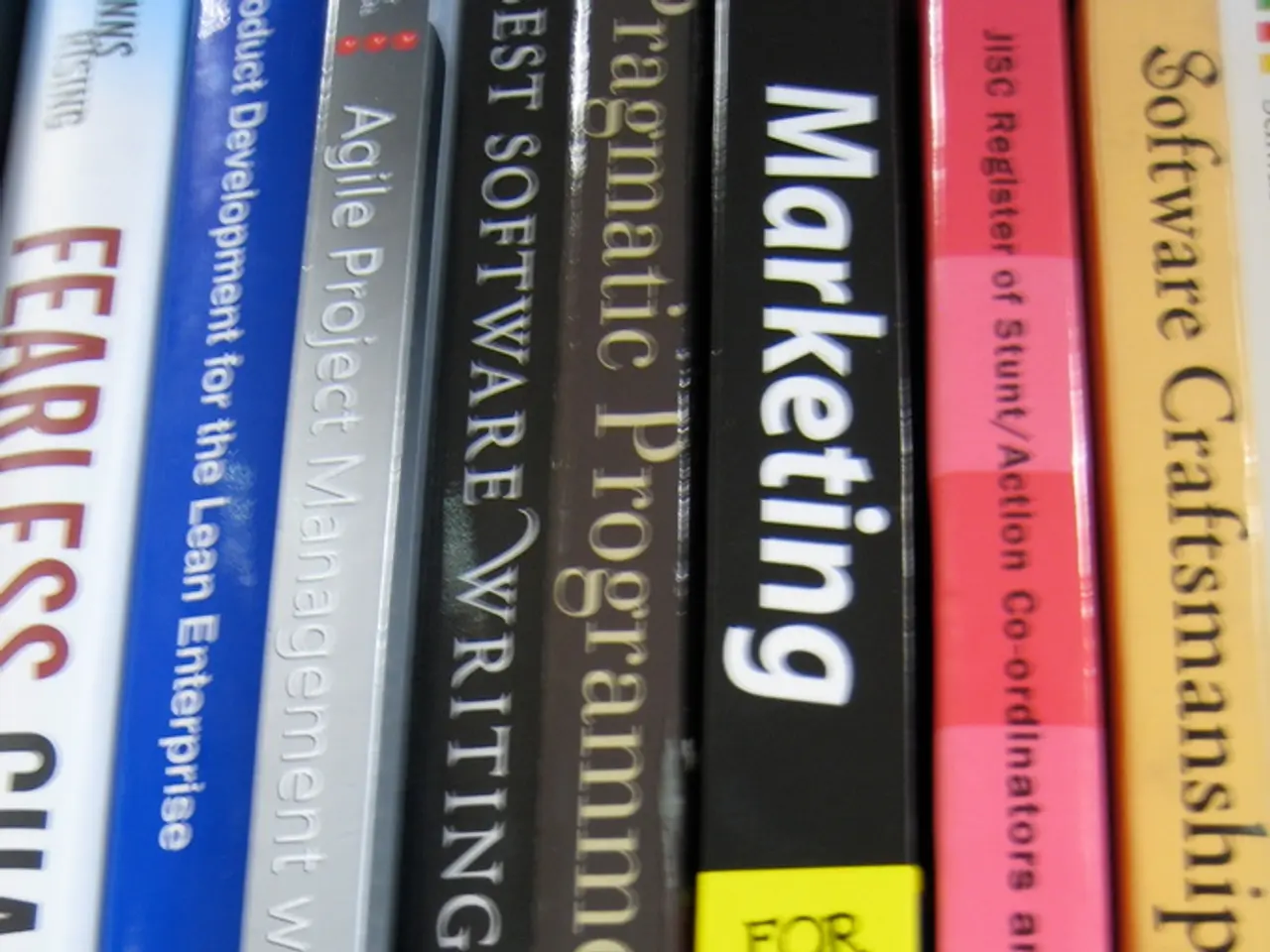Research Reveals that Large Print Books Beneficial for Young Readers' Development
======================================================================
A new study conducted by Julie A. Evans while researching the impact of large print format books on student reading has found promising results, particularly in middle school reading intervention settings. The study, released by Thorndike Press, a division of Gale, which is part of Cengage Group, involved 1,500 students in grades 4-12 and 56 teachers and librarians across 13 U.S. elementary, middle, and high schools.
The study indicates that large print books can make struggling readers’ materials look more like those of their peers, helping to reduce stigma and encourage engagement. In fact, 71% of teachers reported that reading large print improved Lexile scores by 2 grade levels among students who were reading at grade level, and 59% of teachers teaching students who were reading below grade level reported a similar improvement.
Moreover, the study suggests that digital leisure reading does less to aid comprehension than print reading, aligning with broader findings that print books support better comprehension and deeper learning.
Tasha Squires, a teacher librarian at O'Neill Middle School in Downers Grove, IL, observed that the majority of students prefer large print format books. Squires notes that implementing large print books as a reading intervention is easy once the books are available. In her school, 87% of teachers saw a positive impact on their students' reading success when they switched to large print books, and students reading in large print format are less likely to lose their place, more open to reading out loud, and more engaged.
However, the study also highlights the need for further research. Controlled studies measuring comprehension outcomes specifically comparing large print formats versus standard print among diverse student populations and age groups are needed to conclusively determine their direct impact on comprehension outcomes. Longitudinal research on how large print impacts reading fluency, motivation, and social-emotional factors over time is also necessary.
Evans, the study's author, suggests that schools should offer large print books as a way to support individualized learning. She emphasizes that offering the option of large print books is part of the differentiation and personalization of the teaching process.
The research for the study was conducted independently by Project Tomorrow, an education nonprofit. It's worth noting that while the study found that audiobooks remain popular with students, demand for ebooks is low enough to stop purchasing them at Squires' school. Large format books were found to help students who were learning English, had reading comprehension challenges, were easily distracted, and/or were anxious about reading. Additionally, 55% of teachers saw increased comprehension among students diagnosed with ADHD.
In conclusion, while further research is needed, the study provides strong evidence that large print format books can positively affect reading comprehension by improving accessibility and reducing stigma, particularly in middle school literacy interventions. Offering the option of large print books as part of a differentiated and personalized teaching approach could be a valuable strategy for schools seeking to improve reading outcomes for all students.
- A teacher professional development program could focus on the benefits of incorporating large print format books in schools to support individualized learning.
- The use of digital leisure reading might not be as effective in aiding comprehension as print reading, which could indicate a need for more emphasis on traditional books in education-and-self-development.
- Aside from offering large print books, schools may also consider providing home-and-garden resources that promote a lifestyle conducive to learning, such as comfortable seating areas and well-lit spaces.
- With Google Classroom becoming increasingly popular, teachers could explore integrating this digital learning platform with large print books to reinforce both digital and traditional learning methods.
- In addition to middle school literacy interventions, the benefits of large print format books could extend to students with learning challenges in other grade levels, such as high school or elementary school, warranting further investigation.




